The UK remains one of the cheapest countries in the world to buy bread, with prices in London and Manchester on a par with those in Lagos, Nigeria and Bangkok, Thailand.
According to the latest figures from the Economist Intelligence Unit (EIU), just released exclusively to British Baker, London was 84th cheapest (83rd last year) out of the 128 countries where the EIU monitors bread prices. Manchester was even lower down the table, ranked at 101.
Mystery shoppers for the EIU found that an average kilo of bread cost £1.80 in London and £1.36 in Manchester. Supermarket prices in those two cities were £1.53 and 94p respectively. That compares with an average price of £1.42/kg in Bangkok and £1.78/kg in Lagos.
The latest Worldwide Cost of Living survey, conducted in March, also shows Caracas in Venezuela was the most expensive place in the world to buy bread, with an average kilo costing £5.85. But survey editor Jon Copestake warned: “Caracas’ position is largely because it fixes exchange rates and the government rate doesn’t reflect the real (or black market) rate.”
Honolulu, in Hawaii was the second most expensive city in the world for bread, at £5.78/kg, with Austria, Japan, the US, France and Russia also in the Top 10.
The capital of Iran, Tehran, remained the cheapest place in the world to buy bread, as in the 2008 survey. An average kilo cost just 26p this time.
Copestake commented: “I’d say that bread prices in local currency have tended not to move a great deal this time around, so currency strength or weakness is a key driver, especially given the slowdown in inflation and deflation taking place around the world thanks to the econo-mic downturn.”
The EIU sends mystery shoppers to buy bread and 159 other staples in 128 cities twice a year, in March and September. Results are then collated and published in the survey.
Shoppers visit three bands of retailers – classed as low, medium and high. For bread, the ‘low’ classification covers supermarket chains, ‘medium’ includes top-end food retailers, such as Marks & Spencer, and ‘high’ covers boutique shops and department store food halls.
Shoppers calculate the cost of a kilo of bread in each style of outlet. Prices in local currencies are then converted into dollars.



















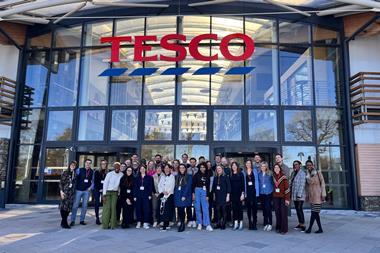
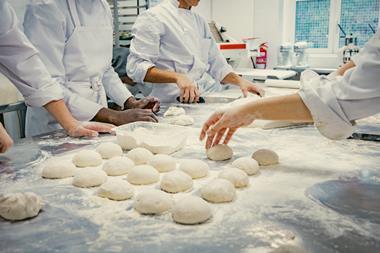

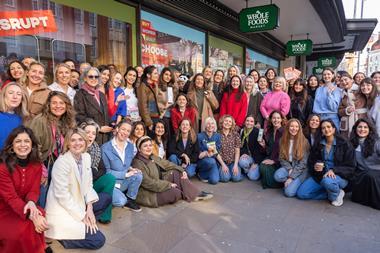
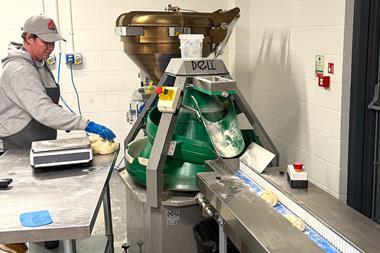
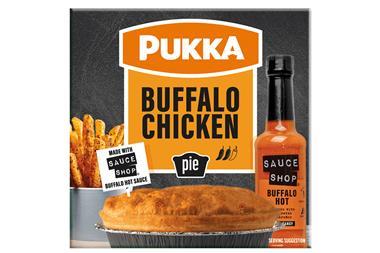







No comments yet